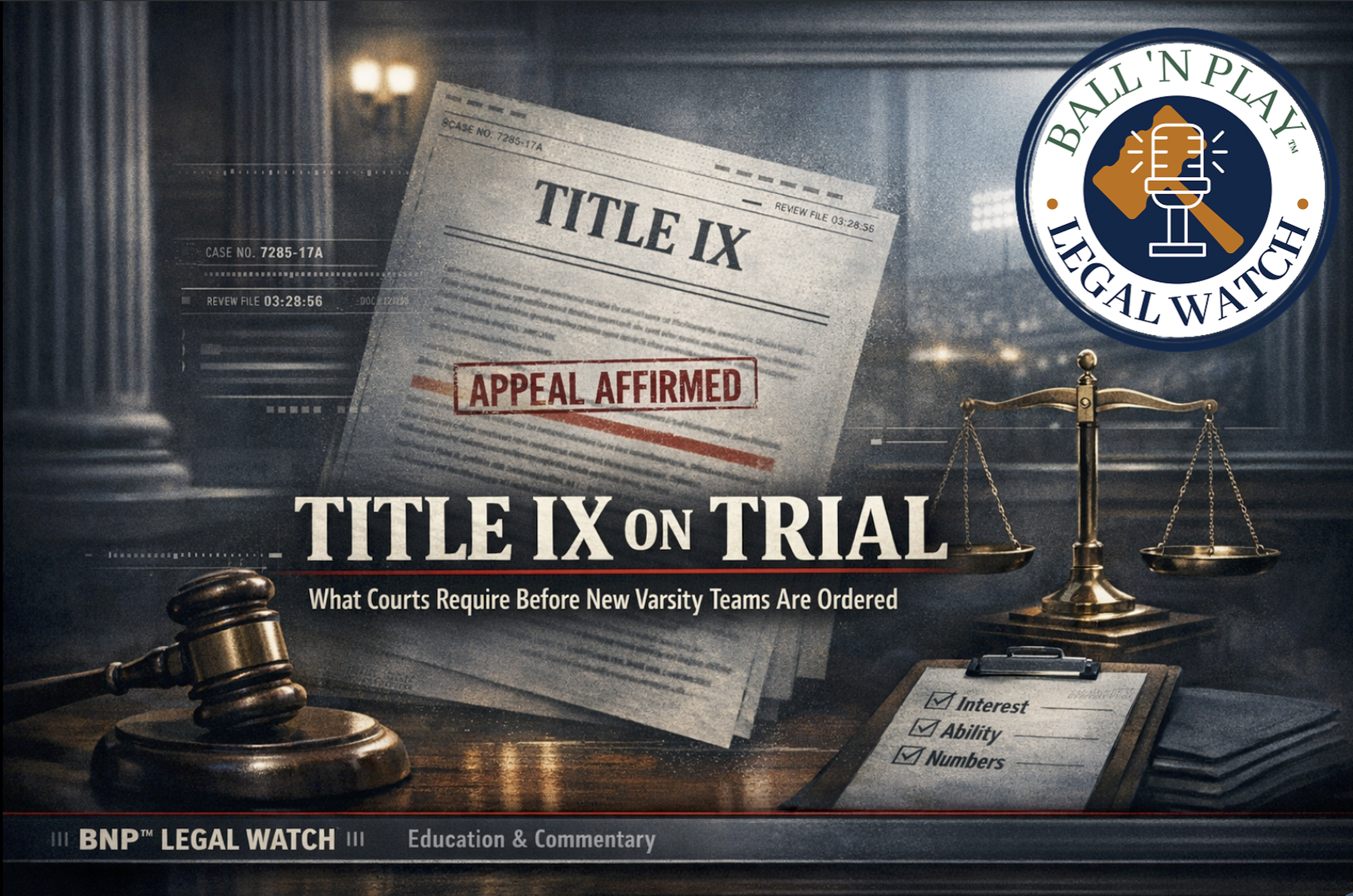
Title IX “Surveys Are Not Tryouts” — Niblock v. Kentucky
A Sixth Circuit Title IX decision that every athletic department—and every advocate—should read. The headline: “Surveys are not tryouts.”
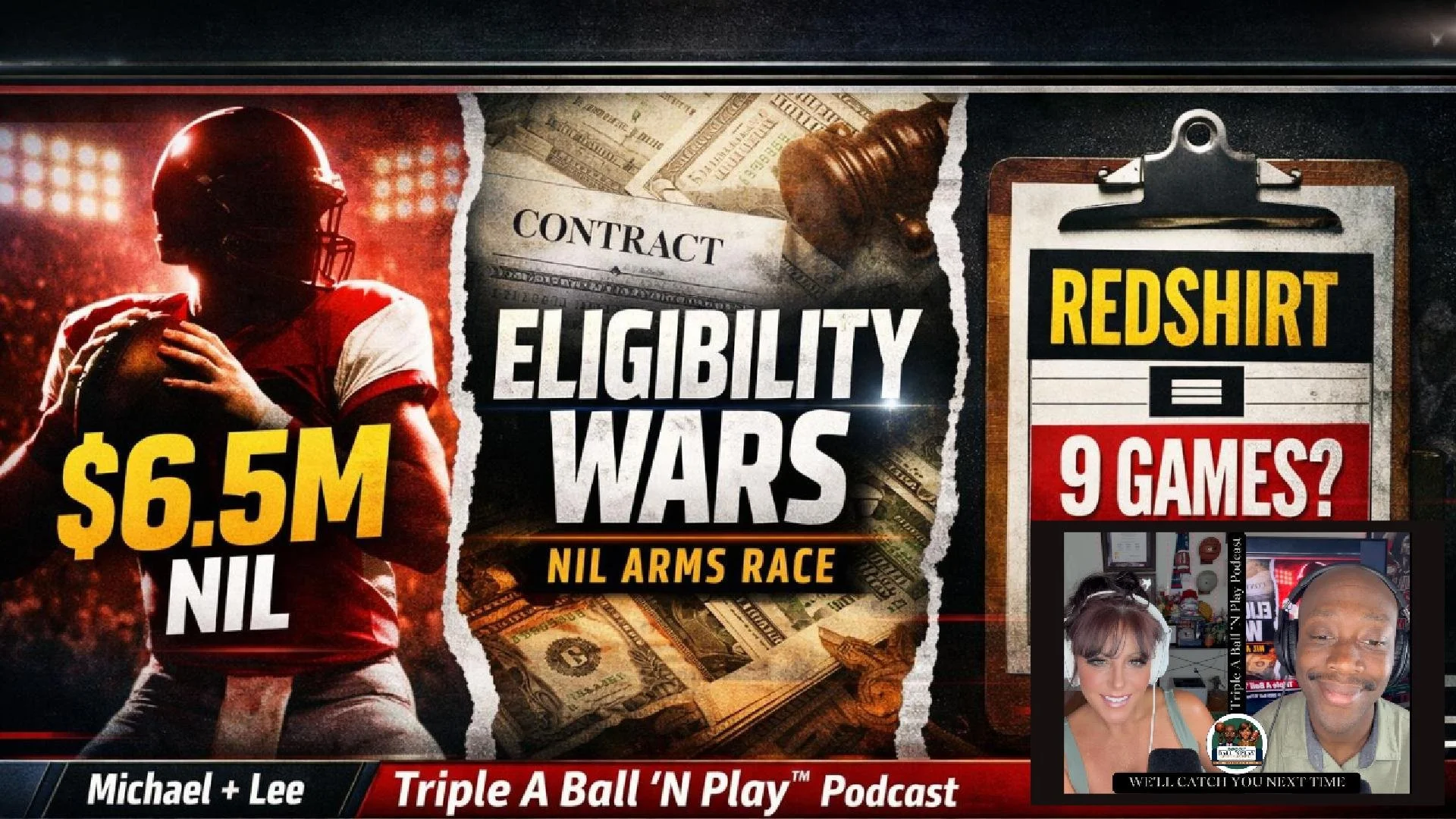
The Portal Window Closed — But College Football Roster Chaos Isn’t Over
The January 2–16 transfer portal window is closed, but roster chaos continues. Entries are down 23%—still over 3,000 players, with 3,200+ scholarship moves and 1,200+ unsigned.
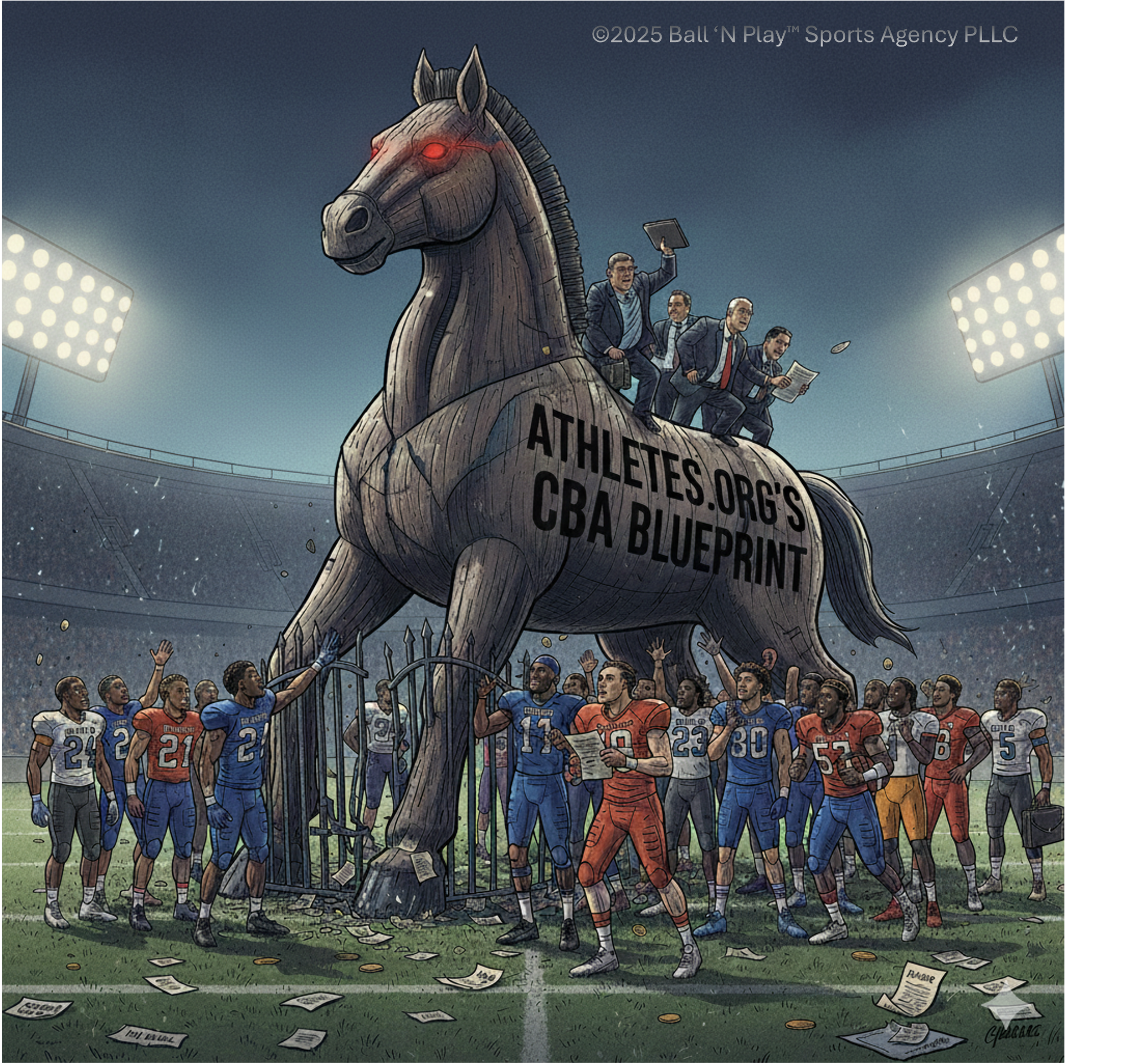
The “CBA Blueprint” Is a Trojan Horse: Why Athletes.org’s Plan Fast-Tracks the Professionalization of College Sports
Athletes.org’s (AO) Collective Bargaining Agreement (CBA) Framework aims to replace the current NIL compensation model with a system that pays athletes for their athletic services, effectively treating them as employees. This shift towards a professional model raises concerns about athlete protections, centralized control, and the impact on non-revenue sports. While the framework includes athlete-forward proposals, it also establishes a framework for league-like governance and enforcement.

🏛 THE NEW PLAYING FIELD | How college athletes took the NCAA to court and fundamentally rewrote the rules of college sports.
College and high-school athletes are increasingly turning to the courts to challenge NCAA rules and secure their rights to play and profit from their talent, thanks to new NIL regulations. Recent victories, like those in Ohio and the Pavia case, show courts are crucial in changing the landscape of amateur sports, even though outcomes remain unpredictable. Today, the law is actively shaping the future of athletics at every level.

The SAFE Act: When Congress Steps Into NIL
The NIL era has been loud, fast, and full of growing pains.
Now, Congress wants a say.
The proposed SAFE Act — short for Sports and Athletic Fairness and Equity Act — is the first serious attempt at a federal NIL law that could standardize how athletes, schools, and media partners handle money, contracts, and endorsements.

Adidas and the $13 Million Power Play in Miami-Dade: A New Era for High School Sports Branding
Adidas has signed a landmark five-year, $13 million contract with Miami-Dade County Public Schools, making it the exclusive supplier of athletic apparel and equipment for 41 high schools. This deal, which includes naming rights to Traz Powell Stadium, embeds Adidas deeply within the region’s sports programs and positions the brand to build early loyalty among top athletic talent. While not a direct NIL (Name, Image, and Likeness) agreement, the partnership sets the stage for future endorsements as Florida now allows high school athletes to benefit from NIL deals. The move signals a new era where corporate partnerships extend beyond uniforms to shape athlete branding and influence the evolving high school sports landscape.

The 5-in-5 Rule and NIL: Why College Basketball Is Taking a Timeout
Lee Walpole Lassiter explains how NIL budgets, the transfer portal, and the NCAA’s proposed 5-in-5 Rule are freezing basketball recruiting and changing the way coaches build rosters.
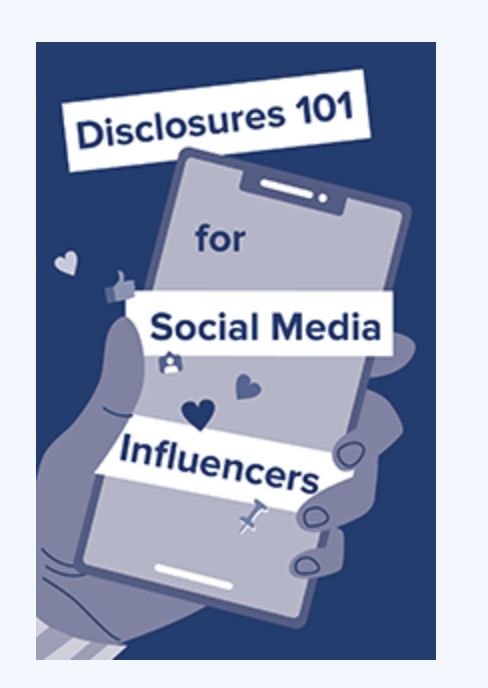
Why the FTC’s Influencer Rules Matter for NIL—and Why Florida Should Actually Be Paying Attention
Image courtesy of the FTC website.
Learn how new FTC endorsement rules affect NIL deals and athlete brand partnerships in 2025. Our sports law team explains compliance, disclosure requirements, and how athletes can protect their eligibility and reputation.

When Coaches Pack Their Bags: The NIL Ripple That’s Hitting College Dugouts and Sidelines
Image Copyright https://www.gettyimages.com/detail/news-photo/head-coach-jim-harbaugh-of-the-michigan-wolverines-receives-news-photo/1918691978
The rise of Name, Image, and Likeness (NIL) deals has disrupted college sports, making coaches as mobile as athletes and triggering a wave of defections to professional leagues. Tradition and loyalty no longer guarantee stability, as coaches seek relief from NIL chaos, recruitment pressures, and booster politics. This volatility affects athletes and families, who must now consider not just coaches but the entire structure and culture of a program. In the NIL era, adaptability is essential for both players and coaches, as change is the only certainty in college athletics.
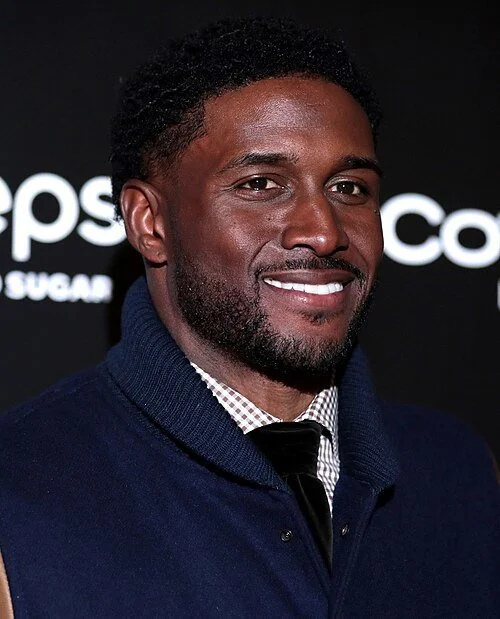
Here’s Why Reggie Bush’s Case Is Your Contract Wake-Up Call
Reggie Bush’s attorney spent Friday in a Los Angeles courtroom asking a judge to rethink a tentative ruling that would kick parts of Bush’s NIL lawsuit to the curb. Translation: his team is arguing, among other things, that Bush didn’t sign his rights away—and that it’s not too late to hold the NCAA, USC, and the Pac-12 accountable for using his name, image, and likeness without paying him. The judge has signaled the claims may be time-barred (lawyer-speak for “you missed the filing deadline”), but is considering final dismissal requests before issuing a ruling. (Bloomberg Law, MyNewsLA.com)
